How to Store Loose Leaf Tea the Right Way
TEATIME NOTES
Find tips, recipes, and articles to increase your delight and enjoyment of tea.
How to Store Loose Leaf Tea the Right Way

The Best Secrets to Keep Your Tea Fresher Longer
If you love tea as much as us, you may have questions about how to store loose-leaf tea. Is there a correct way?
As a tea connoisseur, you have a wonderful collection of various teas. Maintaining the freshness and flavors of these precious teas is crucial for the tea-drinking experience. If your tea is old, stale, flavorless, or rotten, it’s not worth drinking.
It’s all fine and dandy if you go through your tea quickly. We all have a personal favorite we enjoy on the daily. But if you’re obsessed with tea, you have expensive, precious, or rare teas you want to enjoy over a long time — You need to know how to take care of them.
If you already have a handy system you implement for tea storage, that’s great! But, if you don’t know the first thing about proper tea storage, don’t worry you’re not alone. Steep a cuppa and let’s dive down the rabbit hole as we share our favorite tips for how to store loose-leaf tea.
Avoid Tea Enemies

Did you know tea has enemies? There are so many factors that can ruin the quality and flavor of your tea. If you want to know how to store loose-leaf tea, you need to understand what you’re protecting tea from in the first place:
Light Exposure
UV exposure and light may ruin your tea leaves over time, meaning you should not store your tea next to a window or in the sunlight. Even smaller amounts of sunlight can reduce the quality, make your tea leaves fade, and bring forward a metallic flavor. Light may also make your tea leaves lose some nutrients, alter or lose the aroma, and reduce their strength.
Heat
You’ll want to keep your tea away from hot places, such as next to the stove or oven, or by a sunny window. Pre-exposure to too much heat might reduce nutrients like catechins or change the color or smell of the tea leaves. Heat may make your tea taste bitter.
Humidity and Moisture
Exposing your tea leaves to too much heat may cause your tea leaves to absorb more moisture. When tea leaves are exposed to humid or moist conditions, it can cause mold to grow or the leaves to soften. Some connoisseurs believe moisture alters the flavor making tea taste less sweet or clean.
Air
Tea leaves oxidize when exposed to air, causing the taste to dwindle as time goes on. Tea is very sensitive, so when learning how to store loose-leaf tea, you’ll want to keep it away from oxygen otherwise it can go stale. Some teas are oxidized much longer than others, but every tea has a limit with air exposure.
Strong Odors
Loose-leaf tea has the habit of absorbing almost any smell it comes into contact with. Keep your tea leaves away from strong spices, candles, or storage areas with fragrant items. You’ll also want to make sure your storage container is free of all scents and odors before storing your new tea — you don’t want your tea leaves absorbing the old lingering flavors and scents.
Rules for How to Store Loose-Leaf Teas

There’s a lot that can ruin tea, so you want to keep it safe and protected by learning how to store loose-leaf tea properly. Pick and choose your containers with these thoughts in mind. Following these basic rules will help prolong the life of your tea.
Eliminate Exposure
Do everything you can to limit your tea’s exposure to the elements. Light, heat, humidity or moisture, air, and strong odors can ruin a good tea.
Find a Dark Place
Those cute clear mason jars are adorable and create the perfect look for your social media feed. But clear glass jars don’t protect your tea from the light or heat. Keep your teas away from windows, and hot kitchen areas, and keep them in a cool, dark place.
Use Airtight Containers
One of the best ways to store loose-leaf tea is with airtight containers. It’s best if these are also opaque to help protect from the light. If you use mason jars, keep them away from the light.
How Long Does Loose-Leaf Tea Last?
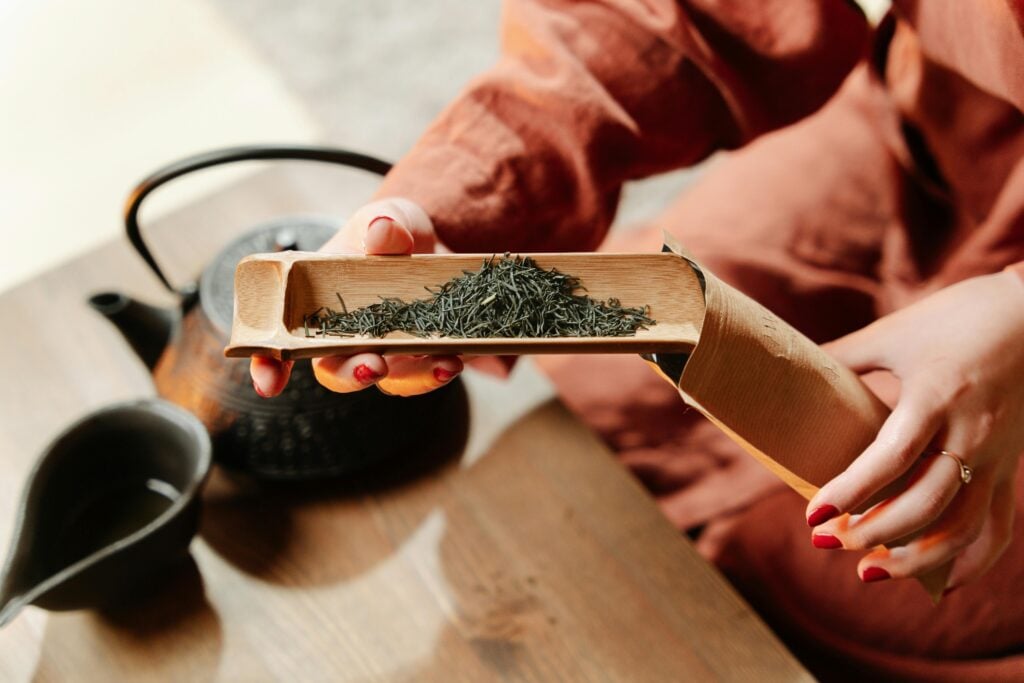
As you learn how to store loose-leaf tea, you’ll discover certain teas bend the rules. Each has its own character, which means they have different expiration dates.
If you’re wondering if you can still drink the old tea that sat in your cupboard for five years, yes you probably can. But chances are the flavor is off and it isn’t as robust and enjoyable as when you first got it. Here’s how long most teas last if stored properly.
Green Tea Shelf Life
Most delicately flavored green tea lasts about a year if stored properly. Some teas last as little as six months. So, if you’re holding on to a rare, exquisite green tea — using it only sparingly — be weary of this timeframe. You’ll want to drink your tea while it’s still good so don’t try to save it to enjoy years later — because you might miss your window and not enjoy it all that much.
White, Oolong, and Pu-erh Tea Shelf Life
Some white, oolong, and pu-erh teas may improve as they age. Some pu-erh teas are kept for decades with proper storage. Some oolong teas and white teas may be saved for more than a year and bring out different qualities and bolder flavors.
Black Tea Shelf Life
Black loose-leaf teas may be stored for up to two years and typically have a longer shelf life than other teas. Because it’s oxidized, it may only go stale instead of going bad. Air-tight tins or aluminum foil bags may keep unopened black tea for up to three years.
Containers to Avoid

We will dive into our favorite containers and materials for storing loose-leaf tea in the following section. But first, here are some materials you should avoid if you can help it.
Hard Plastic Containers
Plastic and Tupperware might be an affordable option for tea storage, but it’s one of our least favorite methods for preservation. Plastic has the nasty habit of taking on flavors and absorbing them. It also leaves a horrendous plastic flavor and scent on your tea.
Clear Glass Containers
As we said before, clear, glass containers are not ideal for storing teas because of the potential exposure to light. That being said, if you have air-tight glass containers on hand, you can still use them. Just be wary of light exposure and keep them in a cool, dark place where they won’t overheat or over-oxidate in the sunshine.
Plastic Bags
It should go without saying, but plastic bags are not a good way to store tea. The material doesn’t protect your tea from the light, air, moisture, or heat. Plastic can also leave your tea leaves tasting “off”.
The Best Containers for Storing Loose-Leaf Teas

Make sure your tea storage containers are food-safe. It’s important to think about the kind of material your tea containers are made from. It’s best if they’re chemical-free.
Aluminum Containers
You can purchase loose-leaf teas in aluminum containers, which you can wash, dry, and use for other teas. Aluminum is a favorite material for storing loose-leaf teas because it’s odor-free, taste-free, and doesn’t latch onto odors. Light can’t make its way through aluminum, which is great news for your loose-leaf teas.
Opaque Airtight Containers
Choose containers with a nice seal that doesn’t let air in or out. Clear glass containers are not ideal for storing teas but opaque glass is a good option. Even if you use opaque glass containers, you still want to keep them in a dry, dark place away from moisture and light.
Stainless Steel Containers
Stainless steel is a pure, odor- and chemical-free material commonly used in kitchenware. Like aluminum, it’s food-safe and it’s excellent for tea storage.
Find Loose-Leaf Teas and Reusable Cannisters at Teabloom

Now that you know how to store loose-leaf tea, which containers will you use to preserve all their wonderful flavor and character? Do you already have a method for tea storage? We would love to hear what works for you — leave a comment below!
Teabloom is passionate about tea — just like you. They’re on a mission to clean up the tea industry one borosilicate teacup at a time. Teabloom’s teaware is revolutionary, and their teas are also exceptional.
Their small-batch single-origin teas are sourced responsibly from plantations around the world. Most are USDA-certified organic and kosher and all their loose-leaf teas are stored in recyclable and reusable tins. Repurpose these food-safe canisters for other tea leaves, spices, and dry ingredients — or find creative uses for your house.
Discover your new favorite tea at Teabloom, today.

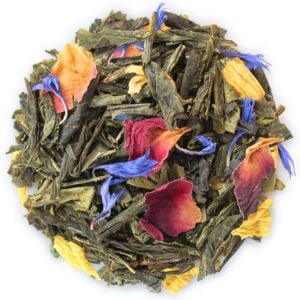

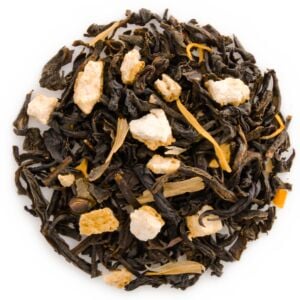
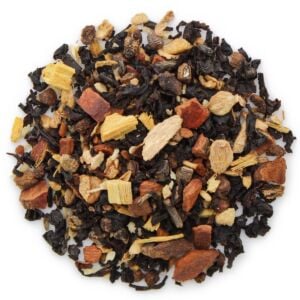
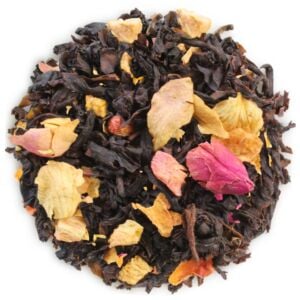
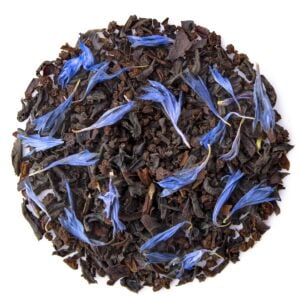
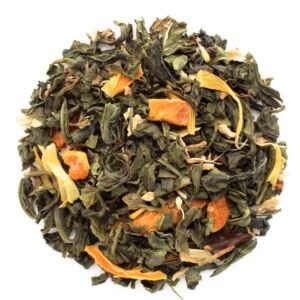
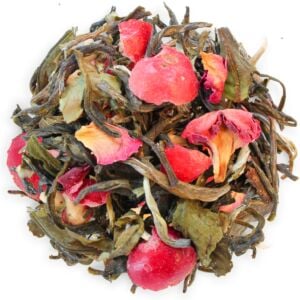
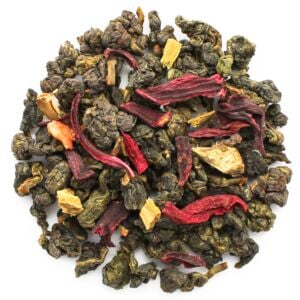
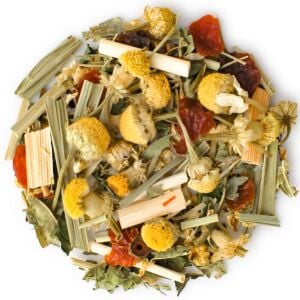
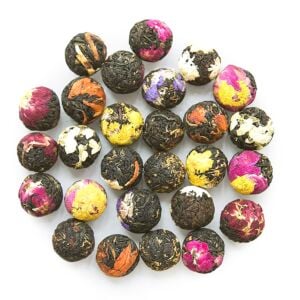


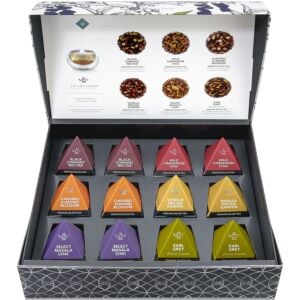
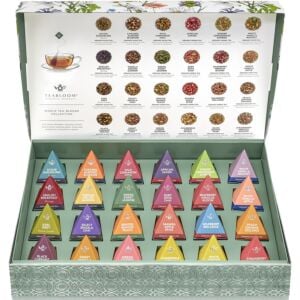

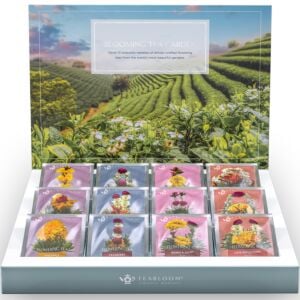
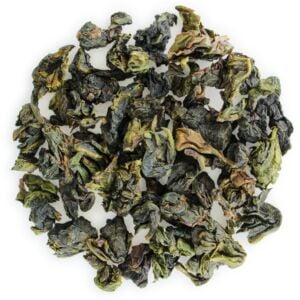
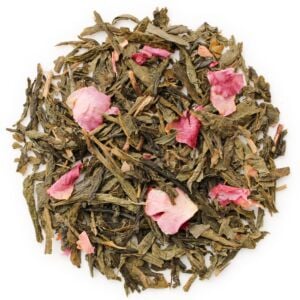
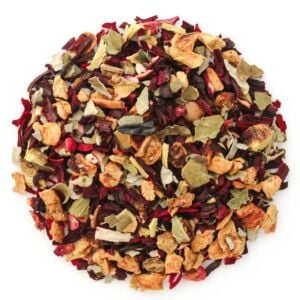
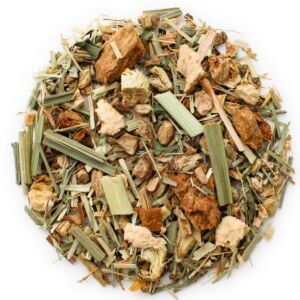
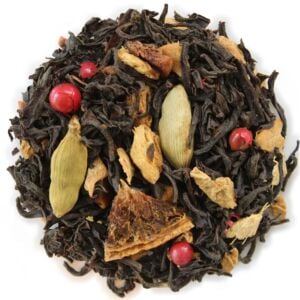
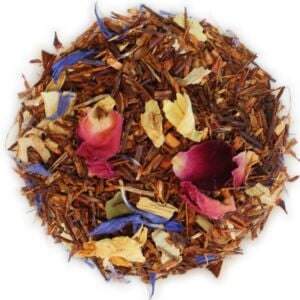
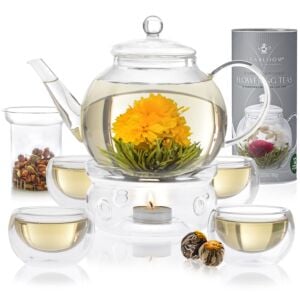
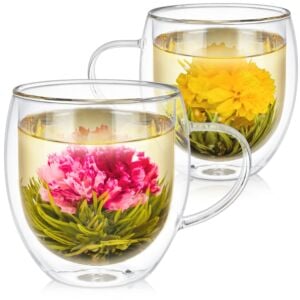
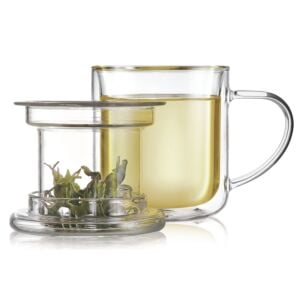
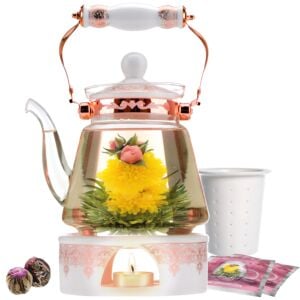
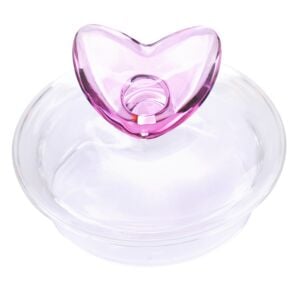
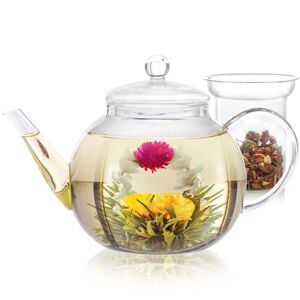
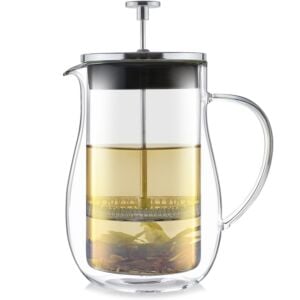
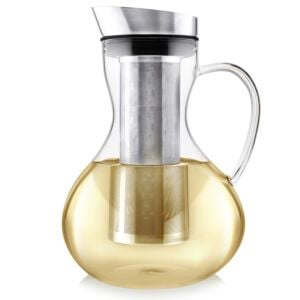
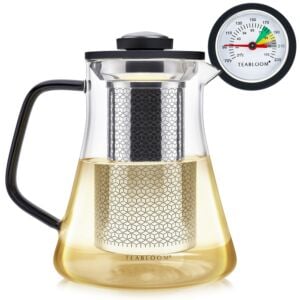
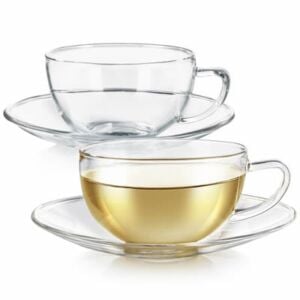
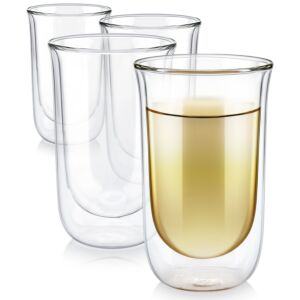
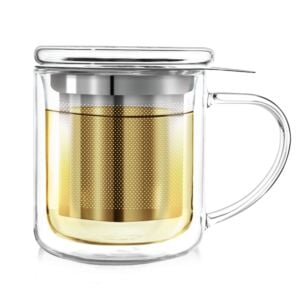
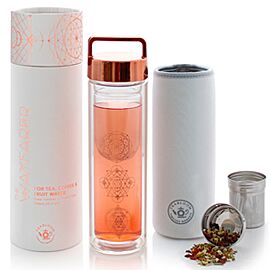

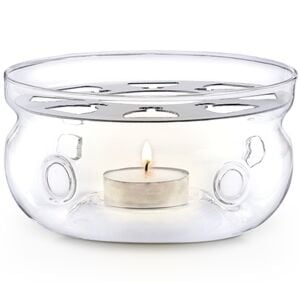
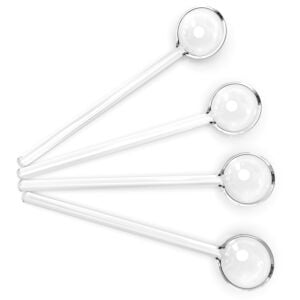
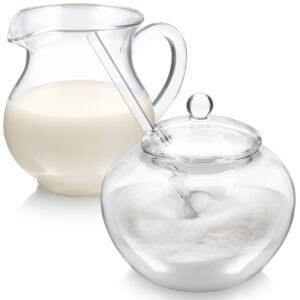
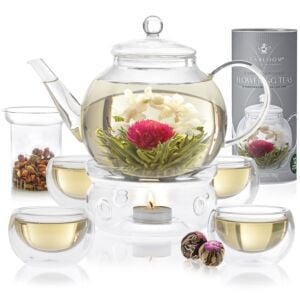
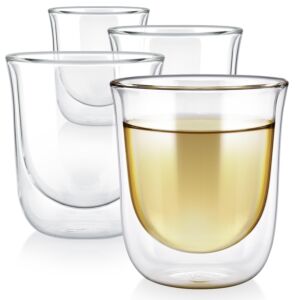
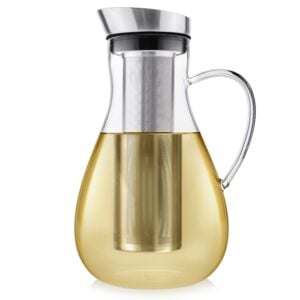
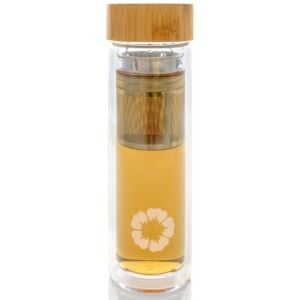
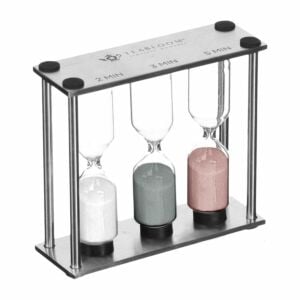
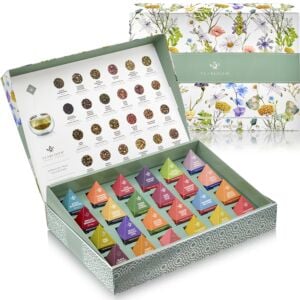
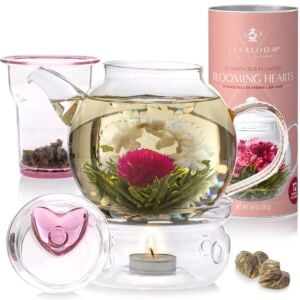
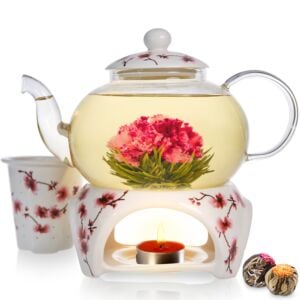
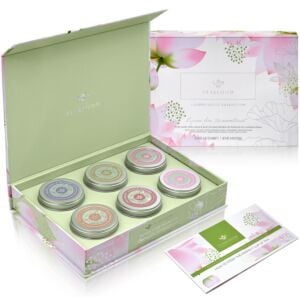
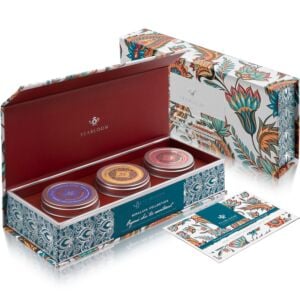
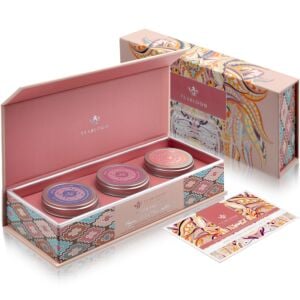

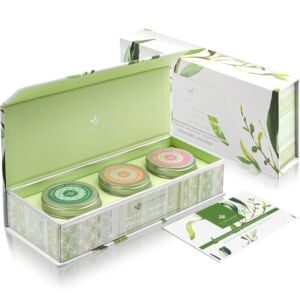
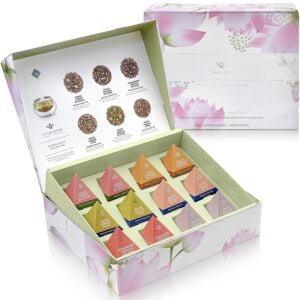
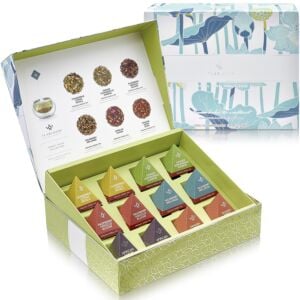
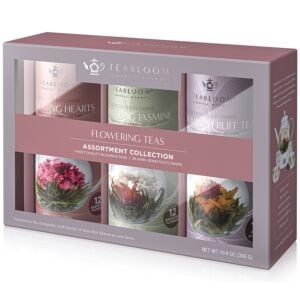

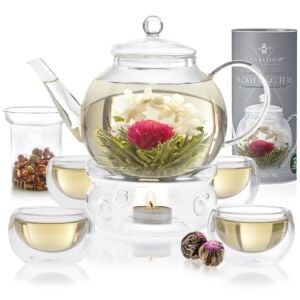
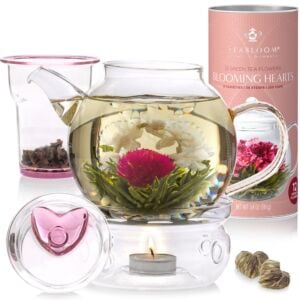
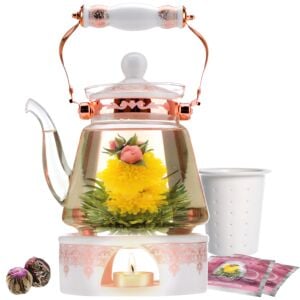
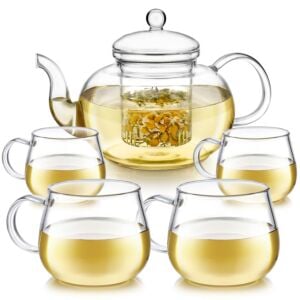
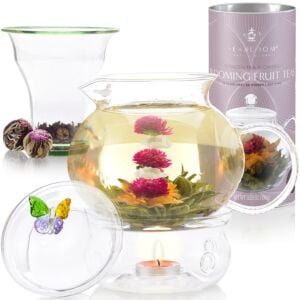
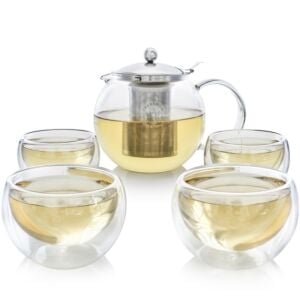
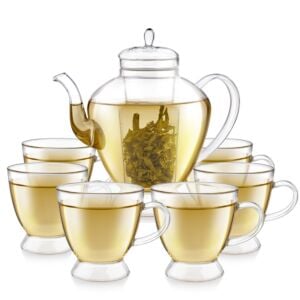
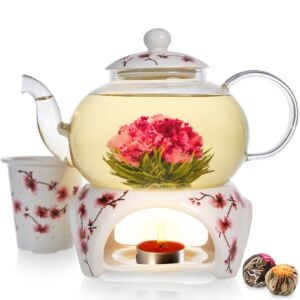
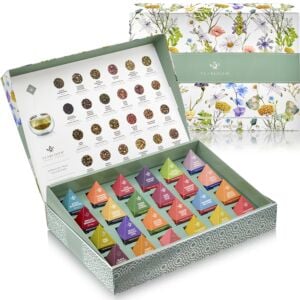
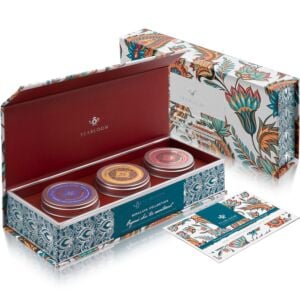
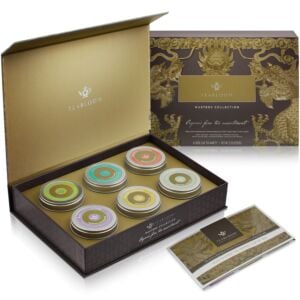
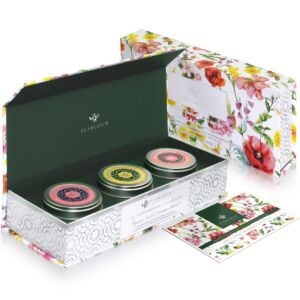
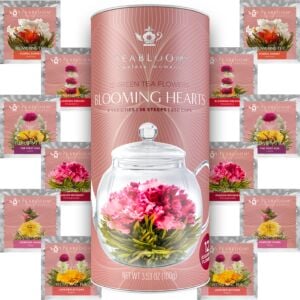
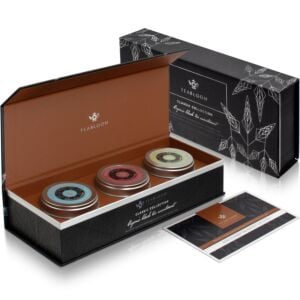
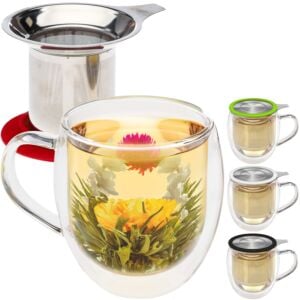

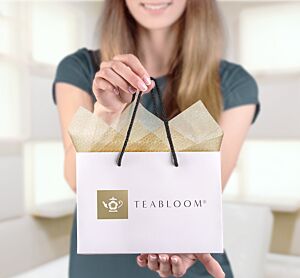
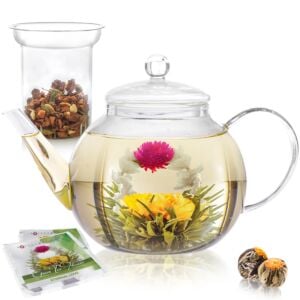
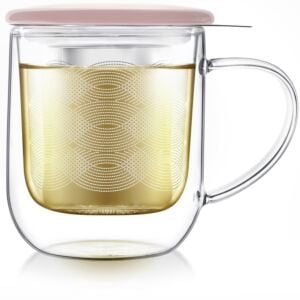

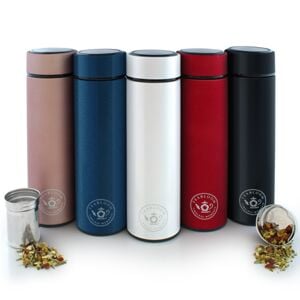
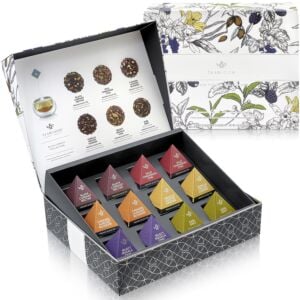
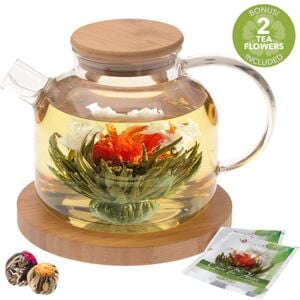
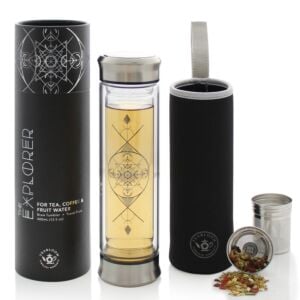
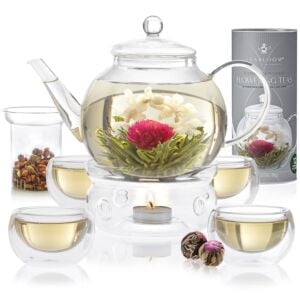
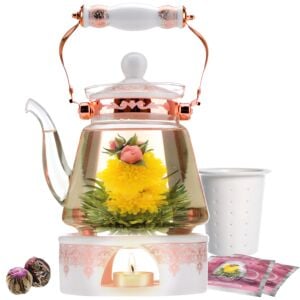
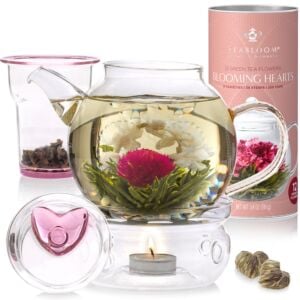
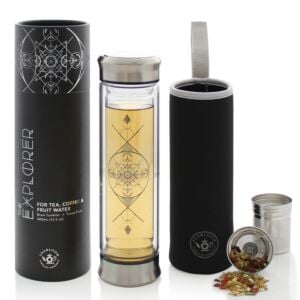
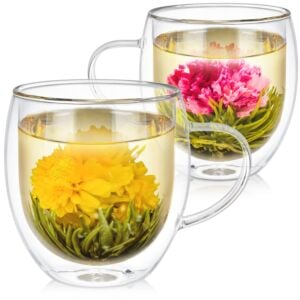
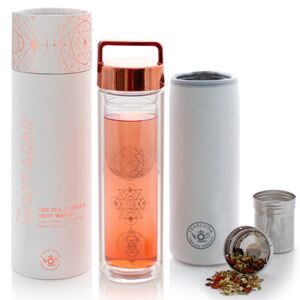
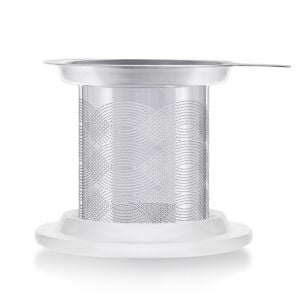
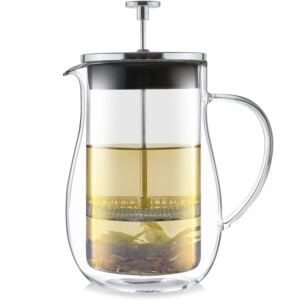
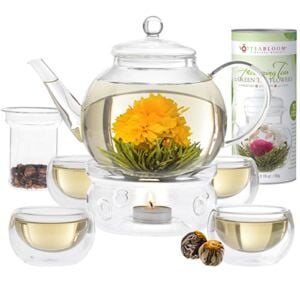

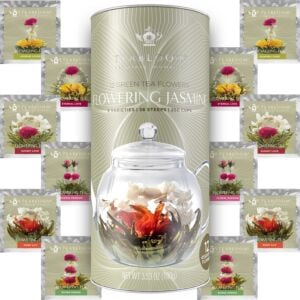

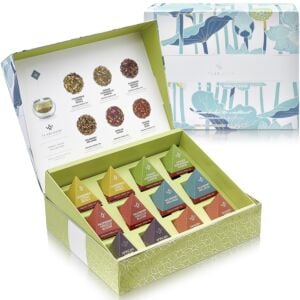
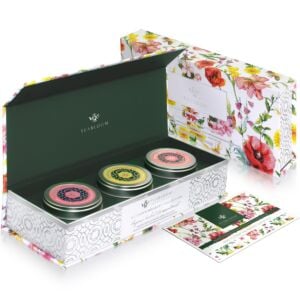
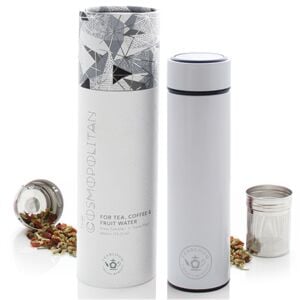

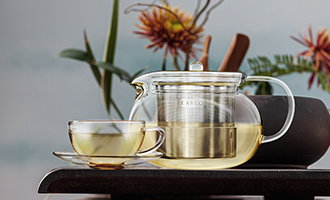
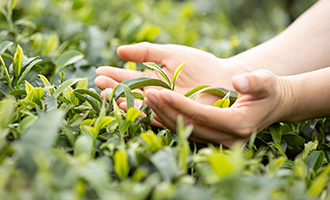
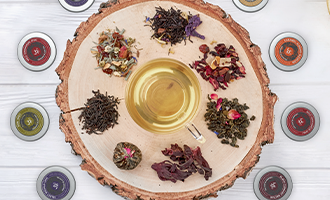



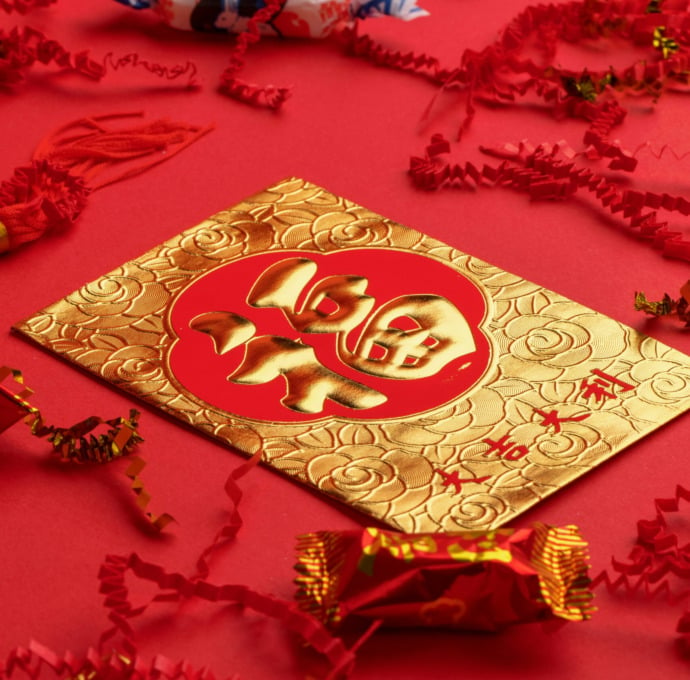
Share your thoughts